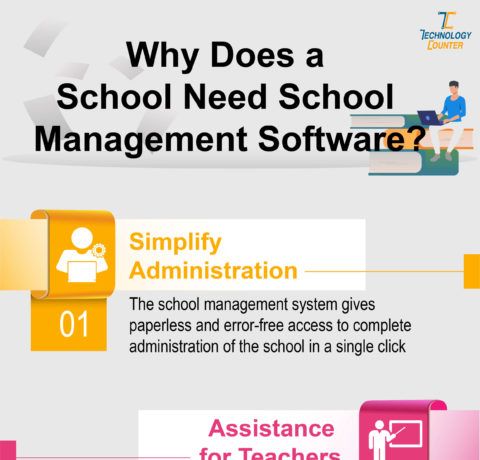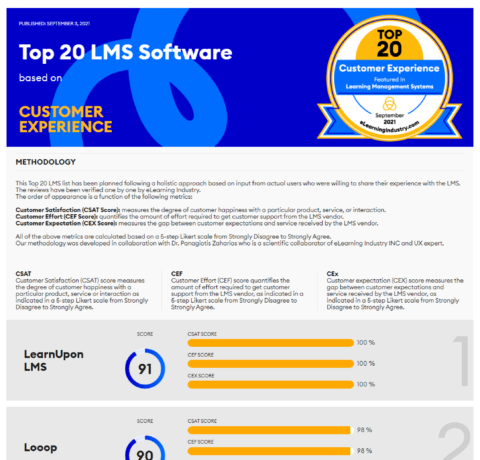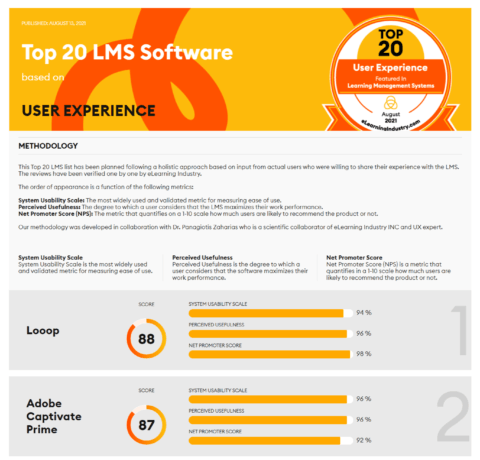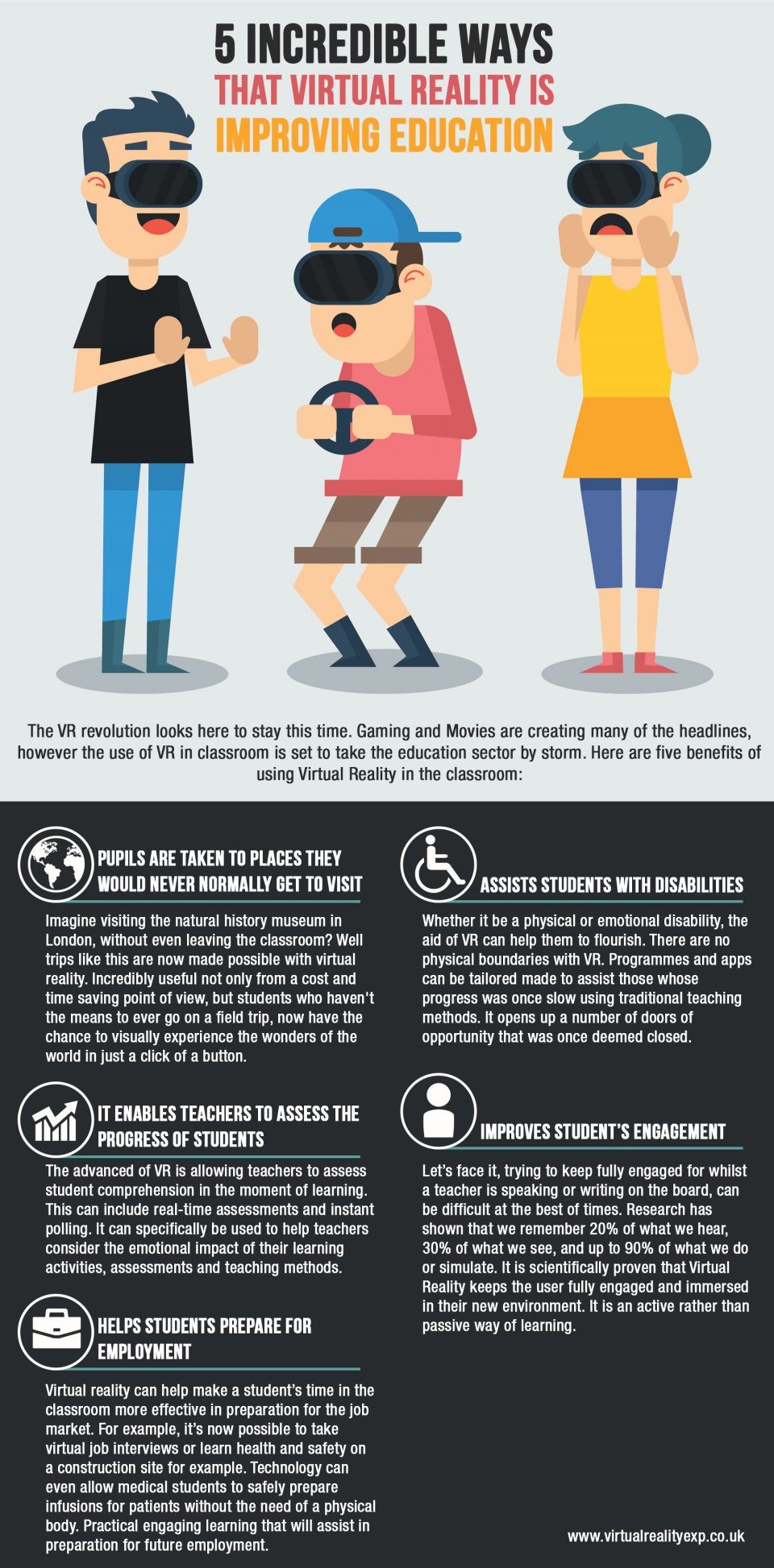5 Incredible Ways That Virtual Reality Is Improving Education Infographic
The VR revolution looks here to stay this time. Gaming and Movies are creating many of the headlines, however the use of VR in classroom is set to take the education sector by storm. Here are five benefits of using Virtual Reality in the classroom:
- Pupils Are Taken To Places They Would Never Normally Get To Visit
Imagine visiting the natural history museum in London, without even leaving the classroom? Well trips like this are now made possible with virtual reality. Incredibly useful not only from a cost and time saving point of view, but students who haven't the means to ever go on a field trip, now have the chance to visually experience the wonders of the world in just a click of a button. - IT Enables Teachers To Assess The Progress Of Students
The advanced of VR is allowing teachers to assess student comprehension in the moment of learning. This can include real-time assessments and instant polling. It can specifically be used to help teachers consider the emotional impact of their learning activities, assessments and teaching methods. - Helps Students Prepare For Employment
Virtual reality can help make a student's time in the classroom more effective in preparation for the job market. For example, it's now possible to take virtual job interviews or learn health and safety on a construction site for example. Technology can even allow medical students to safely prepare infusions for patients without the need of a physical body. Practical engaging learning that will assist in preparation for future employment. - Assists Students With Disabilities
Whether it be a physical or emotional disability, the aid of VR can help them to flourish. There are no physical boundaries with VR. Programmes and apps can be tailored made to assist those whose progress was once slow using traditional teaching methods. It opens up a number of doors of opportunity that was once deemed closed. - Improves Student's Engagement
Let's face it, trying to keep fully engaged for whilst a teacher is speaking or writing on the board, can be difficult at the best of times. Research has shown that we remember 20% of what we hear, 30% of what we see, and up to 90% of what we do or simulate. It is scientifically proven that Virtual Reality keeps the user fully engaged and immersed in their new environment. It is an active rather than passive way of learning.







You can adjust your cookie preferences here.